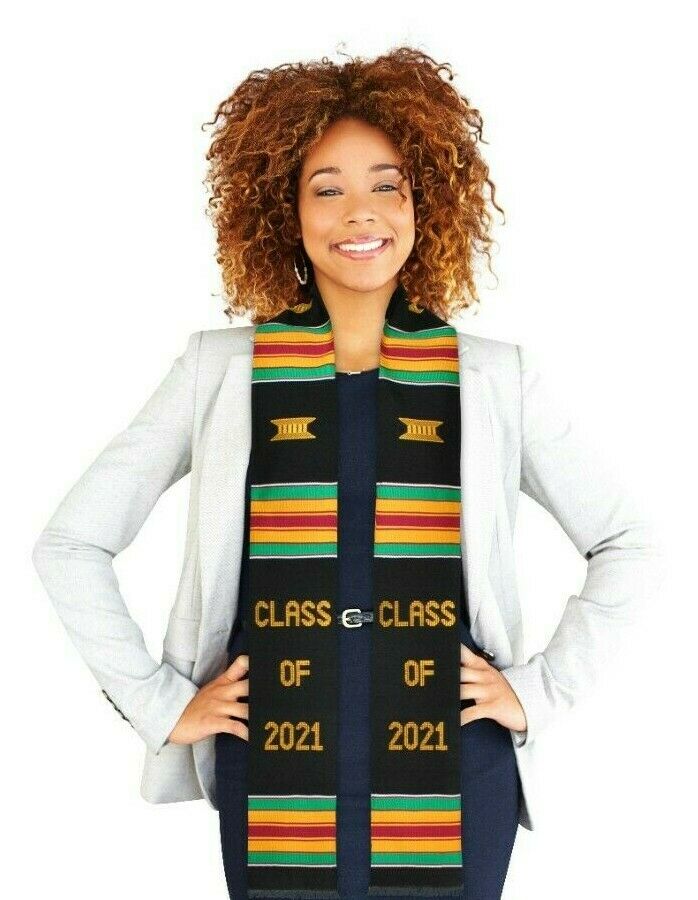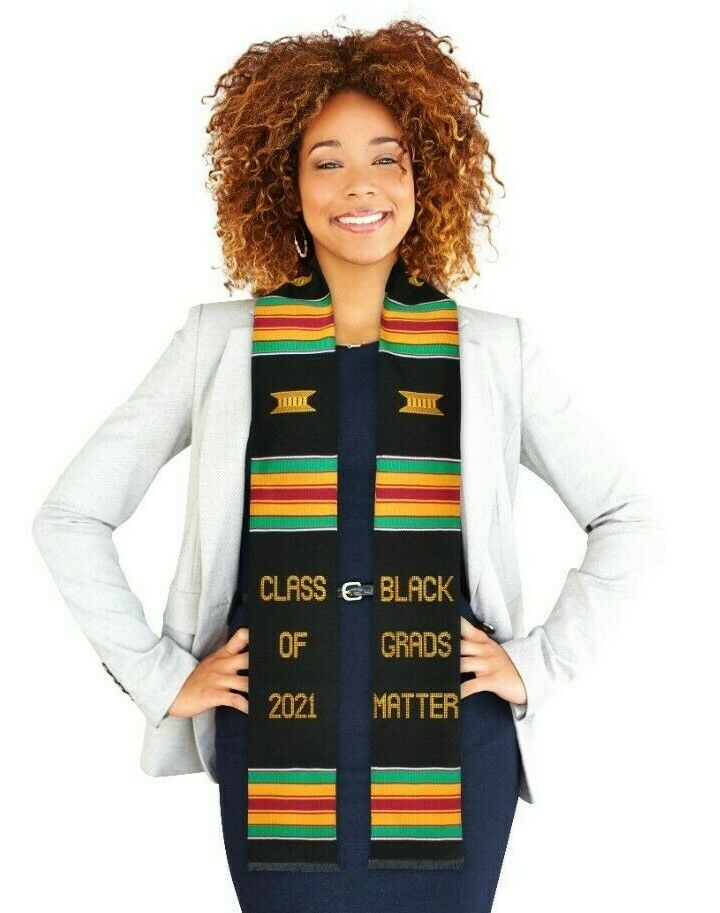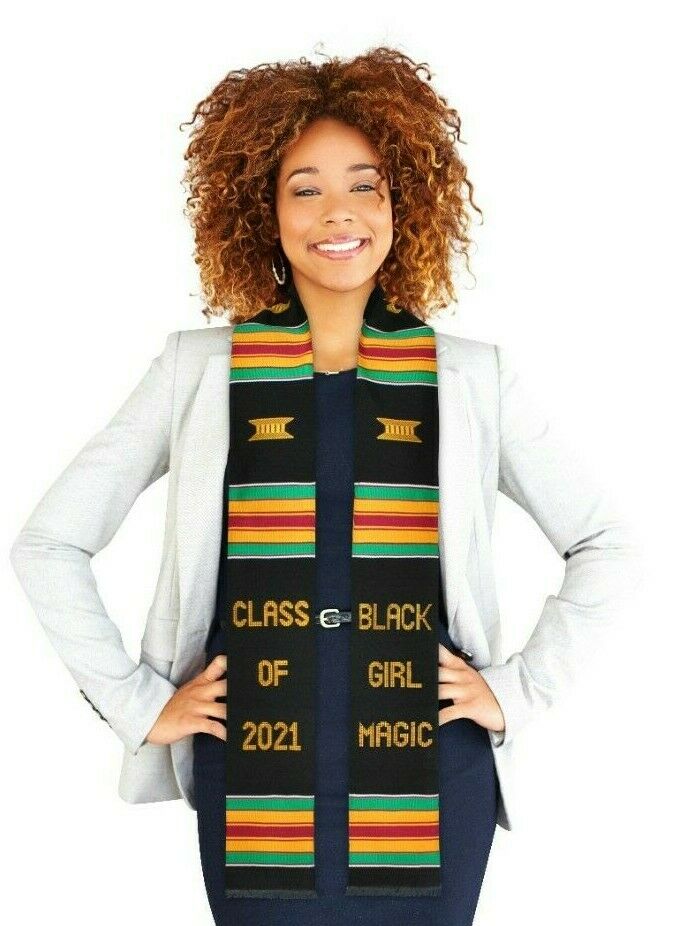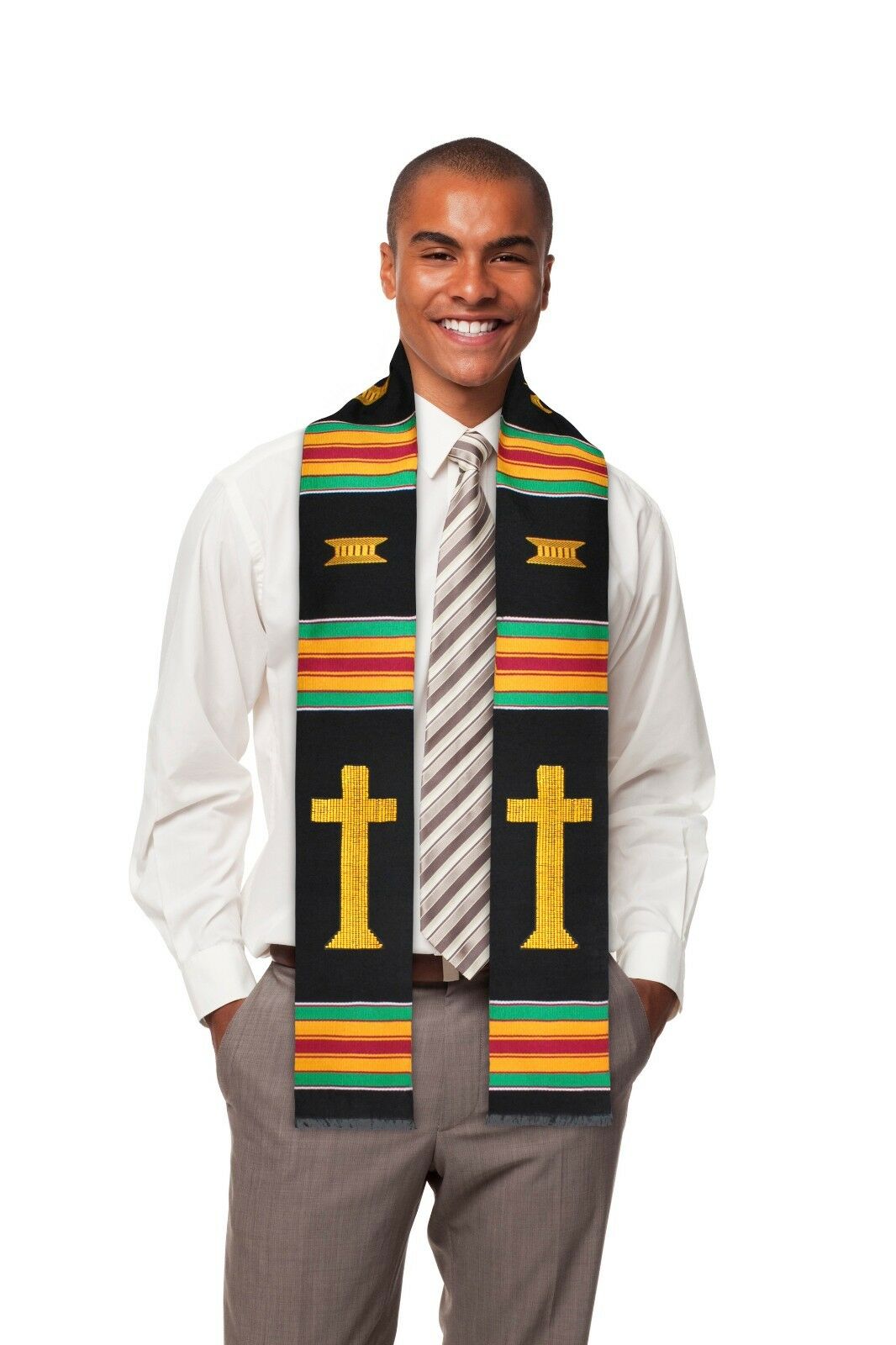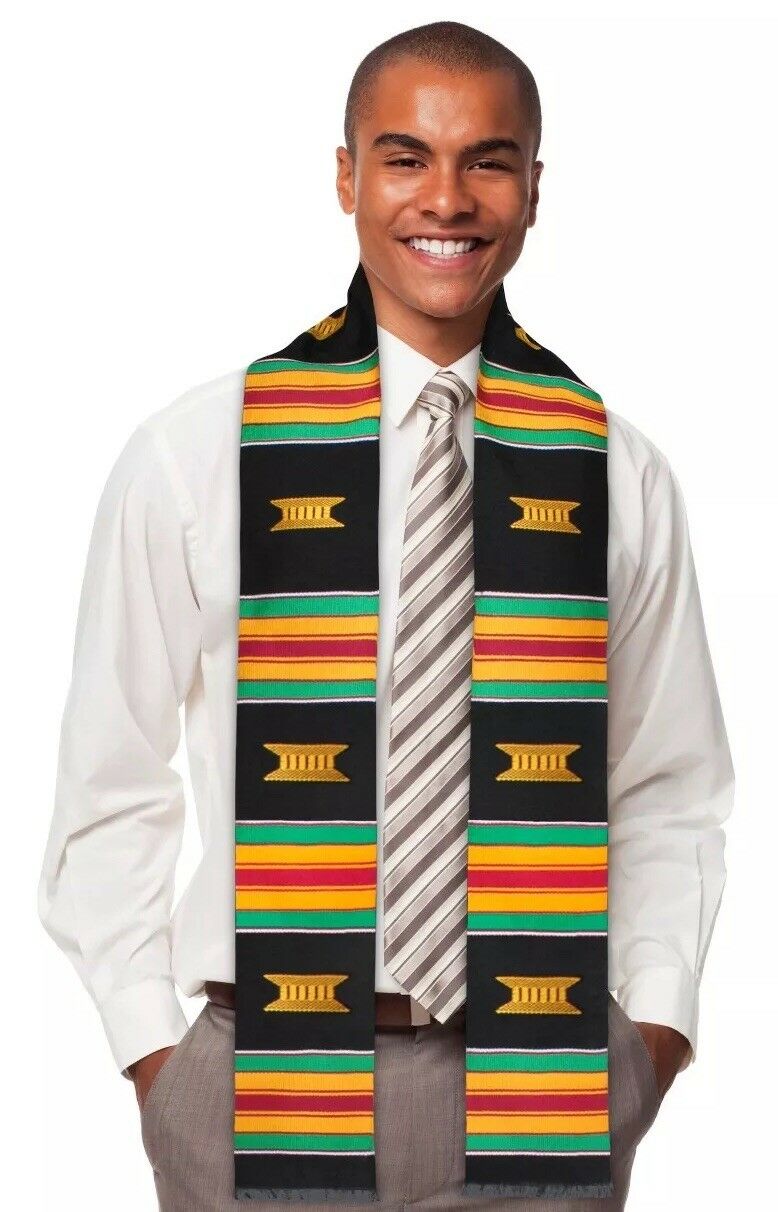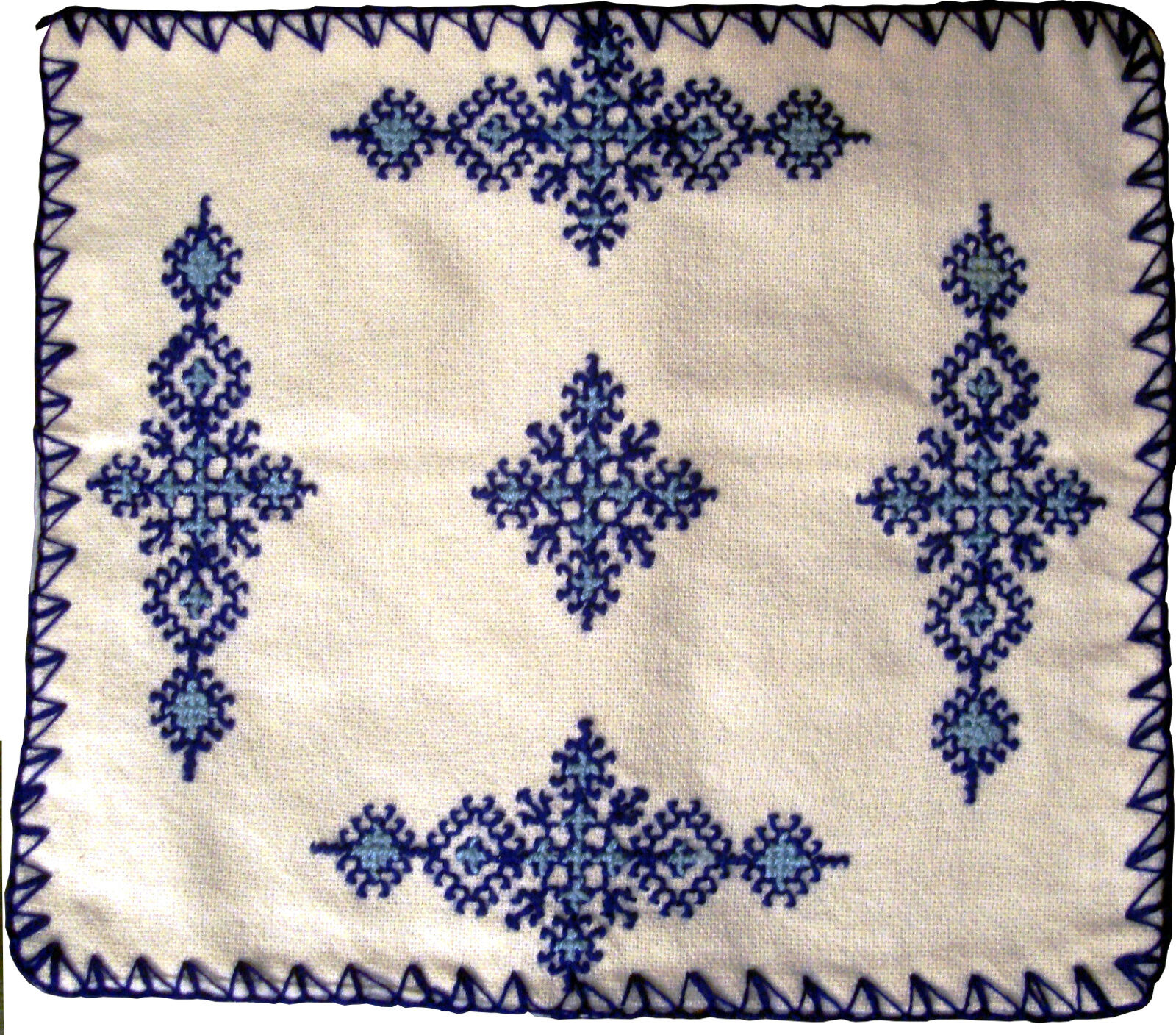-40%
DANCE SKIRT KUBA WOVEN RAFFIA DEMOCRATIC REPUBLIC CONGO CENTRAL AFRICA #10
$ 263.47
- Description
- Size Guide
Description
DANCE SKIRT KUBA WOVEN RAFFIA DEMOCRATIC REPUBLIC CONGO CENTRAL AFRICA 20TH CRare Antique work
Size; 17.7x 2,6ft (540x80cm)
Conditions, good (see picture)
MSRP; ,999.00
Auctions is very pleased to offer a stunningly beautiful woven raffia Tcaka or Dance Skirt from the Kuba People, Democratic Republic of Congo, Central Africa. The Kuba Kingdom was created in the 17th century when 19 separate ethnic groups were united under one king. A central group, the Bushoong, was the dominant group and to a certain extent imposed its own cultural characteristics and language upon the others. The life of the Kuba is organized in minute detail from the family level to the political sphere, which consists of a union of chiefdoms recognizing the authority of the “Nym,” the ruler of the Bushoong group. Each chiefdom is independent in its internal affairs, and almost independent in external affairs. The kingdom’s forces of cohesion are military supremacy, tradition, spiritual respect, and royal patronage of the arts. Collectively, all art forms produced by the Kuba peoples can be considered “court art.” Kuba design is most famous for its unique "visual script," a linear geometric design which is both repetitive and unique at the same time. Kuba cloth begins its life as the leaf of the raffia palm tree before it is transformed into the kingdom’s most visible form of wealth, status, and finery. The transformation from leaf to textile is easy to understand, but difficult to execute. Discarded leaves are gathered, dried, softened, dyed, and stripped down to individual fibers before being woven into panels or strips that are then embroidered. All of this is a collaborative effort between Kuba artisans, but teamwork isn’t what makes Kuba cloth so valuable and collectible. Instead, it is the stunning abstract geometric designs embroidered on the finished cloth. There are numerous theories as to how Kuba style came about. One theory suggests it is based on tribal scarification patterns. Another suggests the impetus for Kuba design can be found in crop patterns, as the Kuba are primarily farmers. And yet another suggests this type of visual language is the result of divine intervention. Regardless of the origins of this design, the elaborate surface decoration of Kuba textiles is considered one of the most distinguished art forms on the entire African continent.









